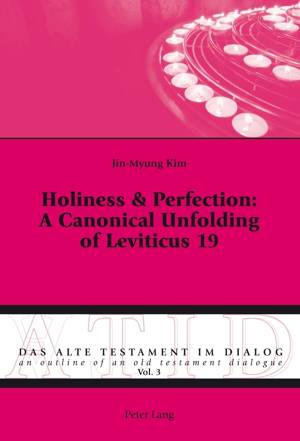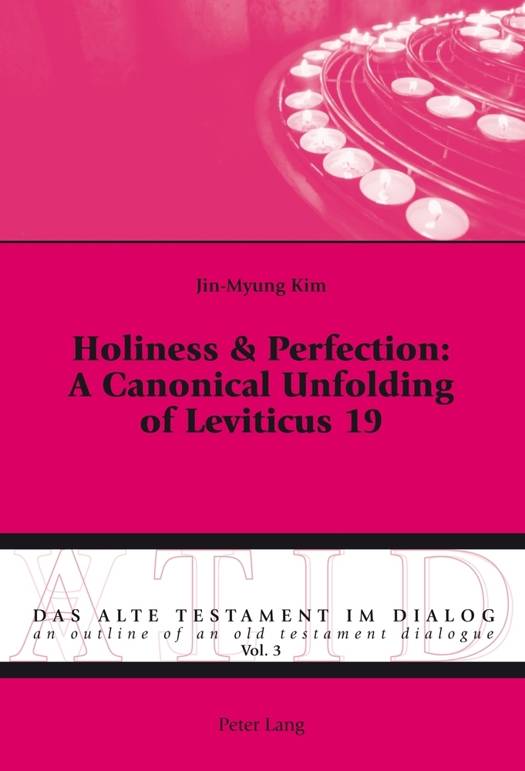
Je cadeautjes zeker op tijd in huis hebben voor de feestdagen? Kom langs in onze winkels en vind het perfecte geschenk!
- Afhalen na 1 uur in een winkel met voorraad
- Gratis thuislevering in België vanaf € 30
- Ruim aanbod met 7 miljoen producten
Je cadeautjes zeker op tijd in huis hebben voor de feestdagen? Kom langs in onze winkels en vind het perfecte geschenk!
- Afhalen na 1 uur in een winkel met voorraad
- Gratis thuislevering in België vanaf € 30
- Ruim aanbod met 7 miljoen producten
Zoeken
Omschrijving
What is the most important lesson in the word of God? In Matt. 22:34-40, Jesus summarizes the whole Bible into two commandments, being 'love for God' and 'love for thy neighbor' (Lev. 19:18). Why did Jesus cite Lev. 19:18 (love) instead of 19:2 (holiness), which is the core of this chapter? This book analyzes how Lev. 19 is unfolded from OT times to the message of the NT. It attempts to prove the importance of Lev. 19 in the canonical tradition of Judaism and Christianity and to identify the clues which can help to explain the reason why Jesus chose Lev. 19:18. Further, the book shows that holiness, one of the main issues in Lev. 19, is replaced by perfection in Matt. 5:48. This connection is shown through examining the Community Rule (1QS) of the Dead Sea Scrolls, which joins the themes of holiness and perfection. This combination serves as the 'missing link' to bridge the gap between Lev. 19 and Matt. 5. The method used to explore these texts is called 'a canonical unfolding.' After a commentary on Lev. 19 the chapter is compared to other connected texts. Finally, the meaning of Lev. 19 is reinterpreted in the whole context of the Canon.
Specificaties
Betrokkenen
- Auteur(s):
- Uitgeverij:
Inhoud
- Aantal bladzijden:
- 146
- Taal:
- Engels
- Reeks:
- Reeksnummer:
- nr. 3
Eigenschappen
- Productcode (EAN):
- 9783034305808
- Verschijningsdatum:
- 24/03/2011
- Uitvoering:
- Paperback
- Formaat:
- Trade paperback (VS)
- Afmetingen:
- 152 mm x 229 mm
- Gewicht:
- 208 g

Alleen bij Standaard Boekhandel
+ 104 punten op je klantenkaart van Standaard Boekhandel
Beoordelingen
We publiceren alleen reviews die voldoen aan de voorwaarden voor reviews. Bekijk onze voorwaarden voor reviews.









